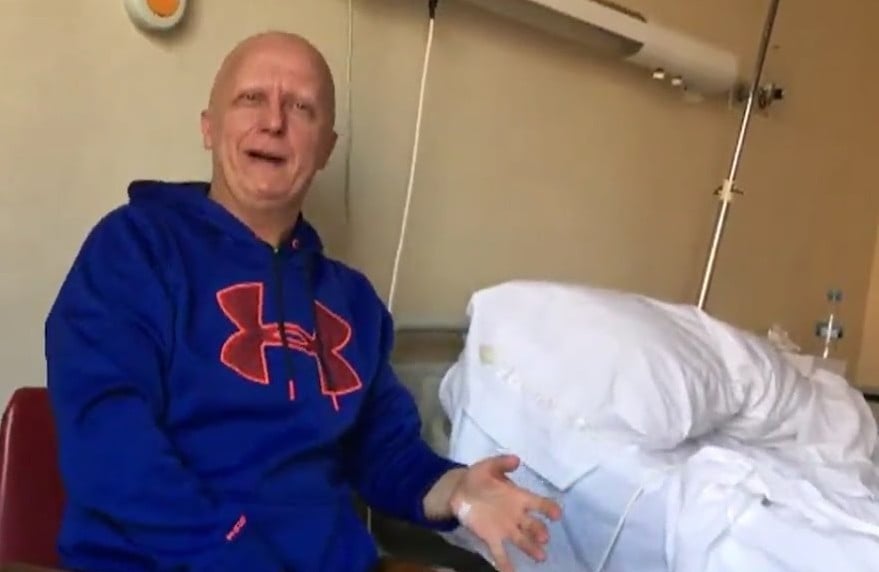The method involves installing a small metal bar coated with glue or double-sided tape on the exit slit so the notes get stuck.
Most people leave thinking the machine is broken and the ATM has just swallowed their money.
But the money isn’t safe. Instead, a low-tech device allows thieves to retrieve it from the machine some minutes later.
The biggest manufacturer of ATM machines in Switzerland, Wincor Nixdorf, confirmed the new scam to national broadcaster SF’s ’10 vor 10′ show, saying that “several isolated cases have been reported recently.”
Cash-trapping is a well-known method in neighbouring Germany, but the trick is not yet widespread in Switzerland. The lack of public awareness helps thieves perpetrate the scam, experts said on ’10 vor 10′.
One reason for ATM thieves to move on to cash-trapping is the fact that cash machines have become better equipped to deal with skimming, a method enabling data from the bank card’s magnetic strip to be saved and copied later onto counterfeit cards.
Wincor Nixdorf said it is working to combat the scam, partly by installing more sensitive sensors in its new cash machines.
ATM theft has been on the rise this year in Switzerland. In the first three quarters of the year, 225 cash machines were manipulated by criminals, a significant rise on the 135 cases recorded in all of 2010.


 Please whitelist us to continue reading.
Please whitelist us to continue reading.
Member comments